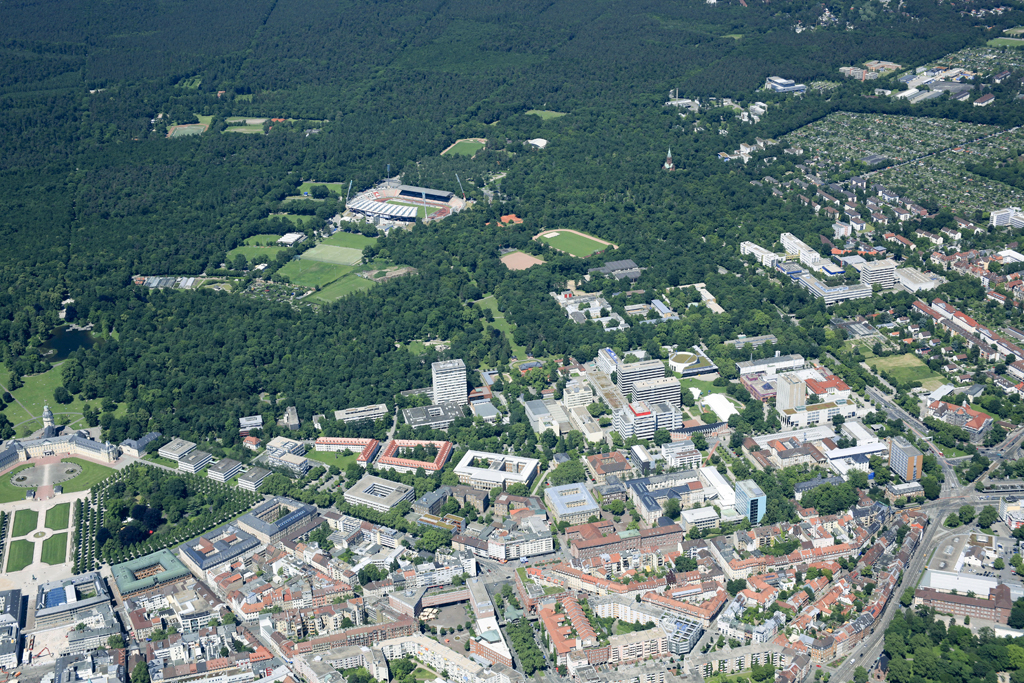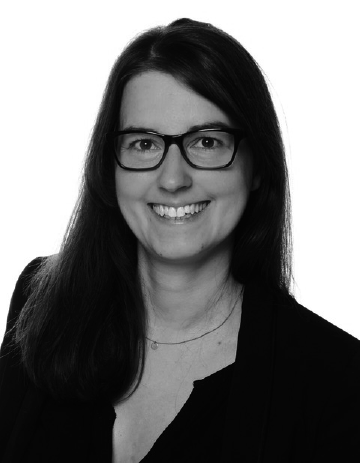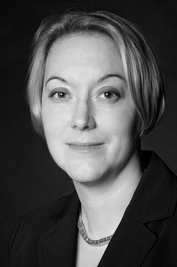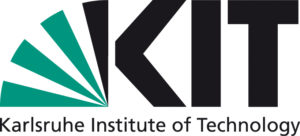
The Karlsruhe Institute of Technology – KIT, was established by the merger of the Forschungszentrum Karlsruhe and the University of Karlsruhe. With more than 6.000 researches and 25.000 students KIT combines the tasks of a German university with those of a research center of the Helmholtz Association in the areas of research, teaching, and innovation. KIT assumes responsibility for contributing to the sustainable solution of the challenges that face the society, industry, and the environment. Engineering sciences, natural sciences, the humanities, and social sciences make up the scope of subjects covered by KIT. In high interdisciplinary interaction, scientists of these disciplines study topics extending from the fundamentals to application and from the development of new technologies to the reflection of the relationship between man and technology. KIT’s research covers the complete range from fundamental research to close-to-industry, applied research and from small research partnerships to long-term large-scale research projects.
KIT is affiliated to German Universities Excellence Initiative, CLUSTER, CESAER, ENTREE, TU9, EUA and EUCOR.
The Department of Building Lifecycle Management – BLM at KIT is engaged with research and the teaching of the development and application of computational methods and rapid prototyping technologies for the realization of integrated building lifecycle management. The research priorities include the development and application of methods and tools to achieve integrated building lifecycle management. The Virtual Engineering Laboratory VEL at BLM examines and evaluates the potential and impact of the latest innovations in production, interaction and visualization on architectural planning and construction processes are examined and evaluated. The focus of the VEL is on the interactions of planning processes and specific production processes with the aim of securing quality and efficiency increases and thus improved decision-making. On this basis, a cyclical planning process is set up that forges the product modelling, immersive visualization, rapid prototyping, manual processing and digital feedback using 3D scanning into a closed development cycle. Actually, BLM is involved in Eneff-BIM, which targets planning, dimensioning and optimization of energy efficient new and existing buildings by modelling and simulation based on building information models (BIM) and in the European projects E3D+VET, In4Wood, AUREA4RURAL, ESSENSE and FURN360 founded by the EU-Programme Erasmus+.

M.Sc., DEA Katharina Graf
Studied architecture and urban planning in Stuttgart and finished with Bachelor of Science degree 2014. Building German-French. Continues with a double master studies at KIT and ENSA Strasbourg. Completion of studies with Master of Science and Diplôme d’État d’architecte degrees (DEA) in winter 2016 and works as a freelancer in the offices Dominique Perrault (Paris), Atelier Chaix et Morel (Paris) and Philipp Denkinger landscape architect (Strasbourg). Since 2017 she acts as a teaching and research assistant at BLM.

Dipl. -Ing. María Victoria Gómez Gómez
Studied Building Engineer at the Polytechnic University of Cartagena (Spain). After her studies, she obtained the Certificate of Pedagogical Aptitude (CAP) at the University of Murcia (Spain). Over several years she acquired further knowledge in the areas of product design, product development and CAD programs, and studied a vocational training in Design and Furnishing. Since the middle of 2016, she works at the BLM department as part of the European funding program Erasmus+. She was part of the coordination of the E3D+ Project and is currently coordinating two projects (E3D+VET and ESSENSE). She is also participating in other four Erasmus + project related to Industry 4.0 and Circular Economy.

Prof. Dr. Petra von Both
Studied computer science and architecture, and during her doctoral research at the University of Karlsruhe focused on the development and application of integrative computer-assisted planning and cooperation methods. She received her PhD on the topic of „A systemic project model for cooperative planning of complex unique structures“. In her position as head of the „Corporate Strategic Development“ department and strategic advisor to the board of Nemetschek AG, for several years she was responsible, among other things, for the Collaboration and BIM areas.
In 2009 she became Professor for Industrial Construction and Design (ifib) at the University of Karlsruhe and head of the Department of Building Lifecycle Management.
Alongside her work at KIT she is a member of associations and bodies such as the BIM Advisory Board of the BMVBS, the GAEB Committee, the CityGML Modelling Group of SIG3D as well as buildingSMART, and advises companies and the public sector on integral planning and BIM.

Dr. Volker Koch
Studied physics and architecture at the University of Karlsruhe. As a research assistant at the Institute for Industrial Construction, he taught computer applications for architects and conducted research for various projects in the areas of design and manufacturing coupling, virtual and augmented reality, as well as web-based collaboration platforms. He completed a doctorate on the teaching of architecture, and since 2008 as senior researcher has managed the Virtual Engineering Laboratory department. He oversees teaching and research projects that examine the interaction of technical planning tools and modified planning processes. For his teaching work at the faculty he has been awarded the Baden-Württemberg State Teaching Award.

